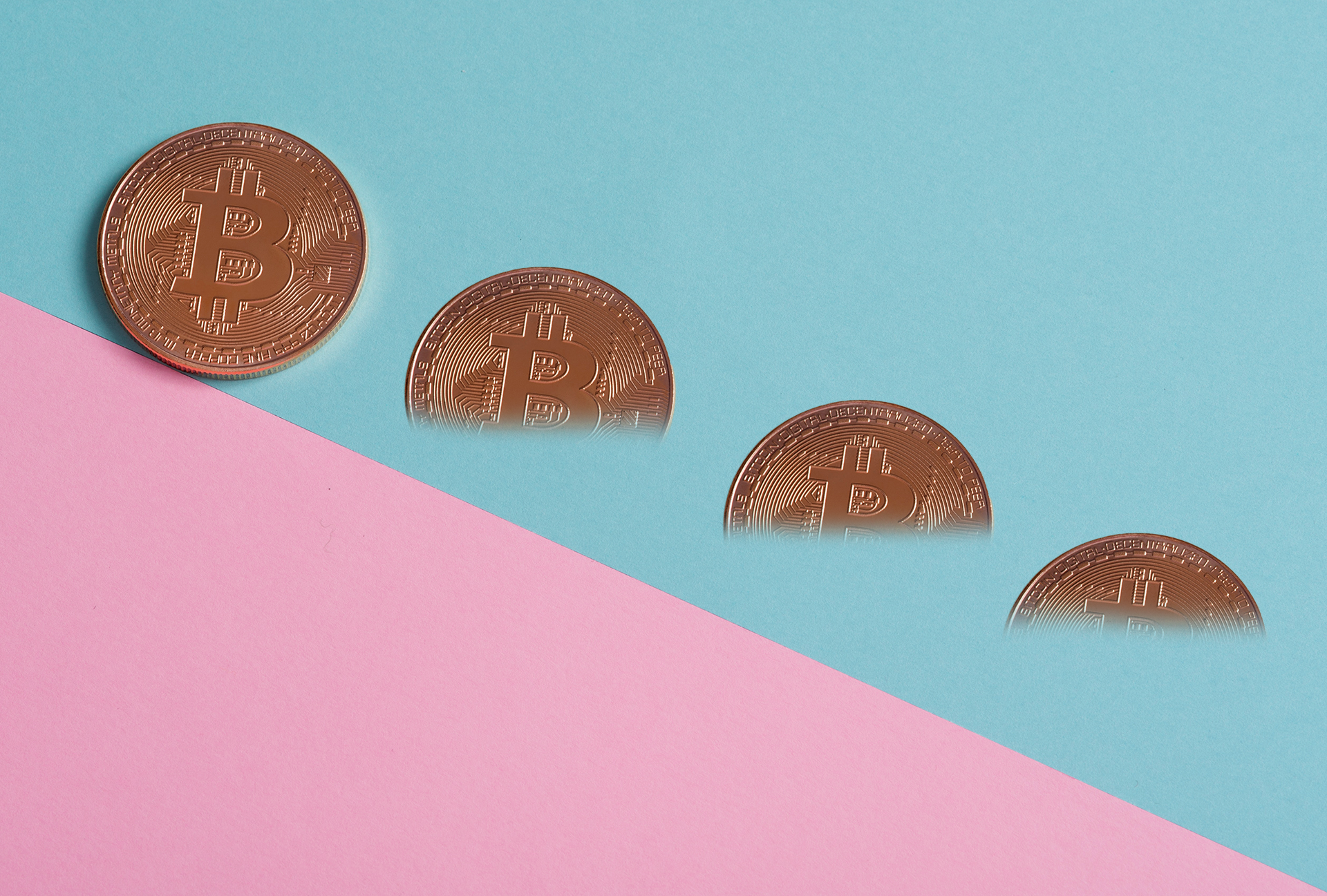00000000000000000021e800c1e8df51b22c1588e5a624bea17e9faa34b2dc4a
If you're an active member of the Bitcoin community on Twitter or Reddit, you've probably been thinking about this code for hours, thinking of how it could have possibly gotten into your life. Some examples of flipping out:
I learned about this tonight. My brain is exploding slowly and severely. #00000000000000000021e800c1e8df51b22c1588e5a624bea17e9faa34b2dc4a
cc @coinyeezy @mwilcox @desantis @santisiri @yungdeleuze @urbanarson
— Zack Voell (@zackvoell) June 21, 2018
#00000000000000000021e800c1e8df51b22c1588e5a624bea17e9faa34b2dc4a has just dosed the best minds of our generation
— OTIS FUNKMEYER (@otisfunkmeyer) June 21, 2018
So my mind is melting. Satoshi may be artificial intelligence. And/or time traveling. Maybe quantum computing now exists. Esoteric and metaphysical meaning has found its way to crypto.@mwilcox @desantis #00000000000000000021e800c1e8df51b22c1588e5a624bea17e9faa34b2dc4a
— Cosmic Giggle (@TheD3vineOne) June 21, 2018
Ok, I'm sufficiently shook. This means the Bible itself is likely literal, and also was only JUST written. #00000000000000000021e800c1e8df51b22c1588e5a624bea17e9faa34b2dc4a
— Guy Incognito (@armor123123) June 21, 2018
Deep breath, guys. We're here.
Here's what everyone's going on about, the most likely explanation behind it, and why it won't really change the value of your bitcoin.
What's all the fuss about?
That code that everyone's freaking out about is a block hash, a randomly generated code that documents each new block that's mined via an algorithm and gets added to the blockchain ledger. On Wednesday night, a new block appeared, with the hash of 00000000000000000021e800c1e8df51b22c1588e5a624bea17e9faa34b2dc4a.
Here are the most important elements of that hash, and why it's important:
- The number of 0s at the beginning of the code brought users startlingly close to the block hash for the first block ever created, 000000000019d6689c085ae165831e934ff763ae46a2a6c172b3f1b60a8ce26f, otherwise known as the "genesis block."
- The 21e8 that comes after those 0s. According to a Medium post by user coop__soup: "21e8 is important because it signifies an exceptionally simple theory of everything. Often referred to as E8 Theory, it’s a physics preprint proposing a basis for a unified field theory, which attempts to describe all known fundamental interactions in physics and to stand as a possible theory of everything."
- Additional mathematical hoops brought users even closer to digits significant for the founding of Bitcoin.
If that all got a little complicated, you don't really need to worry about it. All you need to know is that a very important identifier was created.
Driving the hype was the assumption that these numbers, in this combination, were extremely rare, and, thus, significant.
So what generated this *very special* code?
There have been a few theories floating around. Here are the leading ones, and the logic behind them.
- Time travel. A block with this particular code (and assuming the codes that new blocks are assigned functions in a predictable pattern) is so improbable that you'd need a lot of time to achieve it. So it's an indication that some bitcoin aficionado has mined in the future.
- Quantum computing. Like the point above, this explanation rests on the idea that you need a lot of time to arrive at this block hash. One way to cut down the amount of time needed? To operate several mining algorithms simultaneously, which quantum computing allows people to do. But who has the quantum computer? That part is still unclear.
- Satoshi himself. The mathematical coincidences (see the Medium post if you care to learn what they are) are too strong to think that this could be anyone other than Satoshi Nakamoto, the mysterious creator of the Bitcoin blockchain. Some users think it could be the same computer, if not the same person (or people) who created Bitcoin.
- Someone hacked the Bitcoin architecture. Satoshi's true identity has never been revealed. Why would they do so in such a confusing way, and why now? It's gotta be someone pretending to be Satoshi. And that could only mean one thing: hackers have taken control of the Bitcoin architecture.
- Random chance. 0s happen. So does the combo of 21e8. They don't mean anything.
Which one is it?
As these theories have bubbled up in threads on Twitter and Reddit, most users are arriving at the conclusion that this is nothing more than a coincidence.
That jives with how cryptography actually works.
"There's nothing to say about this really, it's just a joke," Andrew Miller, an assistant professor of electrical and computer engineering at the University of Illinois, Urbana-Champaign, tells Futurism via email. "The phenomenon of having the block begin with the string 21e8 is not even rare, it should happen about once a year."
Let's break that down a little. As Miller writes, "There are 16 possibilities for each of the first 4 (nonzero) digits. The probability that a given block begins with the particular string 21e8 is 1/(16*16*16*16), which is about one in one-hundred thousand. The bitcoin blockchain has over 500,000 blocks."
So then we end up with this equation: (16 * 16 * 16 * 16) / (24 hours per day * average 6 blocks mined per day)
That means you'd expect a block with the combination of 21e8 about once a year (or once every 455 days, to be exact).
"This isn't even the first time that it has happened, e.g. it happened in 2009 and many other times too," Miller points out.
What effect will this have on the value of bitcoin?
Honestly? Probably nothing. At the time of publication, the price of bitcoin has dropped about $50 per coin in the past 24 hours, which is pretty typical fluctuation.
As Reddit user idlestabilizer wrote, "I guess it's because price action isn't that interesting lately and people started to search for new hobbies, like Cryptoesotericism." We're not saying they're right, but we're definitely not saying they're wrong, either.
Share This Article
